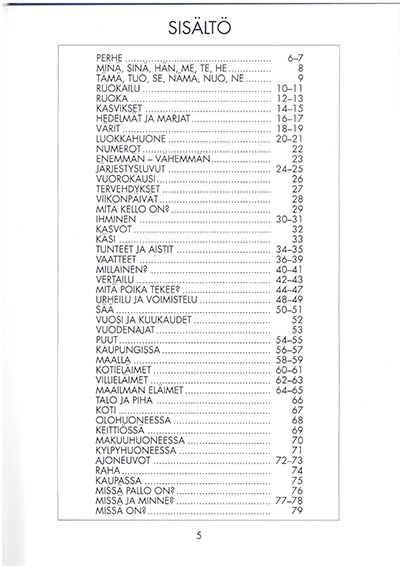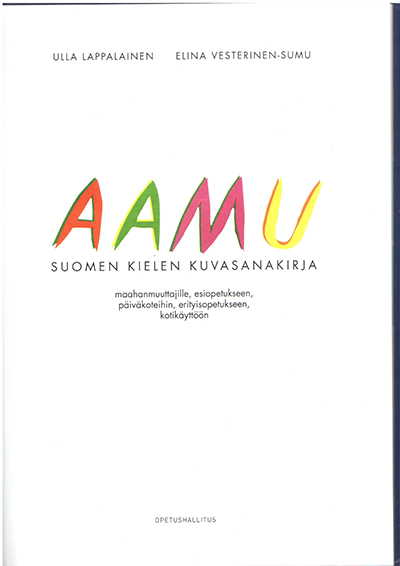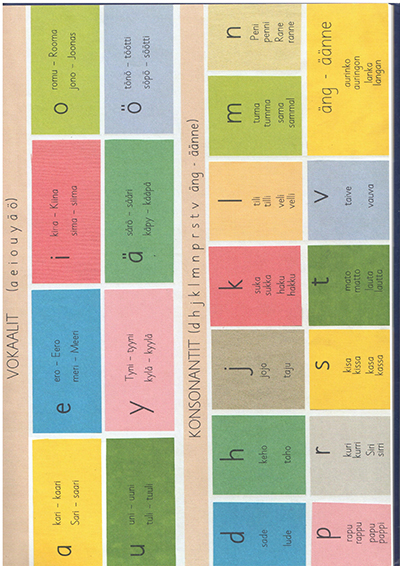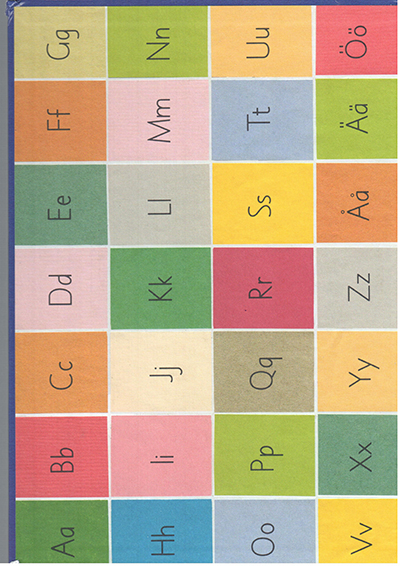| Sorted by date | |||
page190from Building Ideas
and schools. As he describes it in
Discipline and Punish, his influential book from 1975:
This was the problem of the great
workshops and factories, in which a new type of surveillance was organized …. What
was now needed was an intense, continuous supervision; it ran right through the
labour process; it did not bear – or not only – on production ( the nature and
quality of raw materials, the type of instruments used, the dimensions and
quality of its products); it also took into account the activity of the men,
their skill, the way they set about their tasks, their promptness, their zeal,
their behavior.22
Foucault
sees this process of imposing a generalized disciplinary order as part of the organization
of cities as well as individual buildings. As he pointed out in a later
interview, published as “Space, Knowledge and Power”, this process began to
become formalized at the end of the eighteenth century:
One
begins to see a form of political literature that addresses what the order of a
society should be, what a city should be, given the requirements of the
maintenance of order; given that one should avoid epidemics, avoid revolts,
permit a decent and moral family life, and so on. In terms of these objectives,
how is one to conceive of both the organization of a city and the construction
of a collective infrastructure?23
Against Althusser’s materialism Foucault is
willing to admit that there is still a dialectical relationship between objects
and ideas. This is important in his thinking on the status of architecture, and
the interplay between buildings and the spatial practices they accommodate.
Late
in the interview that was quoted above, he was asked about the relationship
between architecture and freedom:
|
|||
|
|||
|
|
 ... ...
... ... ... ...
... ... ... ...
... ... ... ...
... ... ... ...
... ... ... ...
... ... ... ...
... ... ... ...
... ... ... ...
... ... ... ...
... ... ... ...
... ... ... ...
... ... ... ...
... ... ... ...
... ... ... ...
... ...